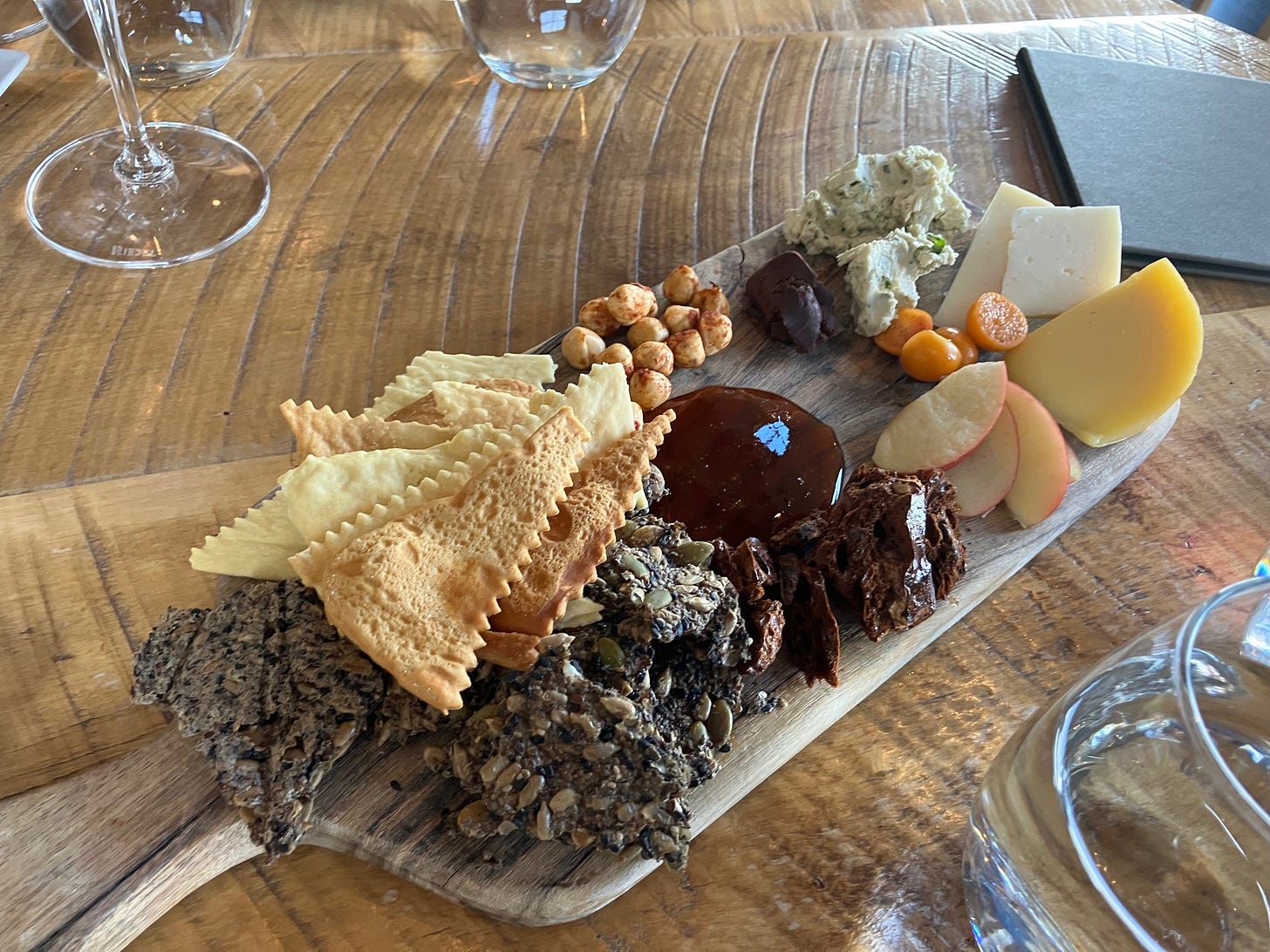For some time now, I’ve been thinking of writing about the pleasure of paradox.
A paradox is a seemingly self-contradictory statement, such as “This statement is false” or “The more I learn, the less I know.” I don’t know why a paradox tickles me the way it does. Maybe I like a paradox because it has an outlaw quality. It confounds logic. It rattles the brain. For a moment you see things in a new way. It’s the lure that draws you to philosophy.
Take the ship of Theseus. As it grew old, its aging pieces were replaced with new ones until the entire boat was new. Is it still the ship of Theseus? Now consider a boat built entirely with the discarded parts. Wouldn’t that be the real ship of Theseus?
There are many paradoxes surrounding romantic love. Thus:
In a healthy romantic relationship, partners should be both independent and dependent on each other.
Romantic love thrives on familiarity . . . and mystery.
Romantic love needs passion and stability.
Romantic love requires change and constancy.
Perhaps these are not so much paradoxes as statements of balance. We need some of each pair to thrive in a twosome.
The biggest paradox, as many a regretful lover has learned, is that in a relationship, and in general, sometimes to attract love, one must appear to disdain it. To be pursued, one sometimes has to evade! Even though you want to shower your new beloved with endearments, caresses, and declarations, it’s usually not a good idea. When somebody clings, the other person’s first instinct is to pull away. A certain nonchalance, at least now and then, is a better idea. Of course you are loved: don’t demand it, assume it!
Marcel Proust observed that a declined dinner invitation would incite greater passion than any love declaration. Now I know he was a neurotic aesthete who lived a hundred years ago, but I do believe he understood the human heart. (Is that another paradox?)
Sometimes I think paradox is the underpinning of the universe. After all, we are told that light behaves like both a particle and a wave. This is completely illogical, yet physicists assure us that it is the truth. I love that.
The pleasure of paradox even encompasses (although ruefully) the pleasure paradox, which is that too much pleasure is usually a bore. Sometimes, we need surcease from pleasure. The first half hour of a massage is so much better than the second half! Cheeseboards and hors d’oeuvres are tastier than the main dish because we are hungrier for them. We may well enjoy that first kiss, for which we have longed for months, more than any that will follow. Children get bored opening the tenth Christmas present. The person who has everything may not enjoy anything.
So here I am, a hedonist, cautioning about limits to pleasure. Maybe it’s good to take a break from your pleasure routine, if only to appreciate it more when it resumes. Travel provides this sort of disruption, and so does spontaneity: one day doing what you haven’t done before. When walking in Manhattan I try to choose streets I haven’t walked on lately. It makes me observe things more closely. My sons will remember that when I used to go to the supermarket with them, we often tried to get one thing we’d never tried before.
Is it yet another paradox that we can plan for spontaneity?





Ambivalence and ambiguity, the cornerstones of novelty—make up pleasure for most of us.
There's also the notion of paradox as apparent contradictions revealing truths--a definition liked by ancient philosophers and Renaissance poets, usually regarding religion: "God is a circle whose center is everywhere and circumference is nowhere" (Hermes Trismegistus). There couldn't be such a circle, but maybe that's the point. Or, "Death, thou shalt die!" (John Donne)